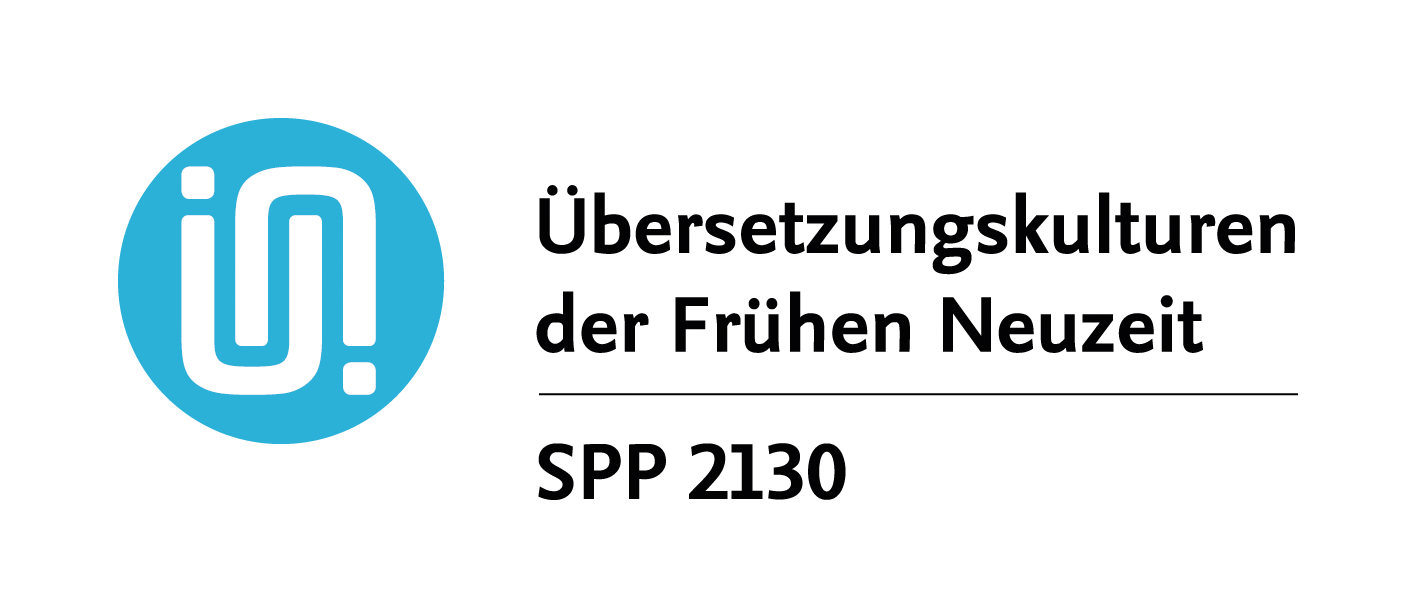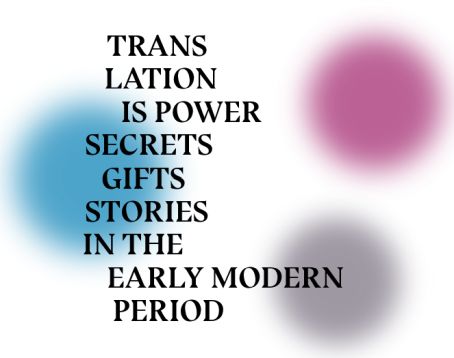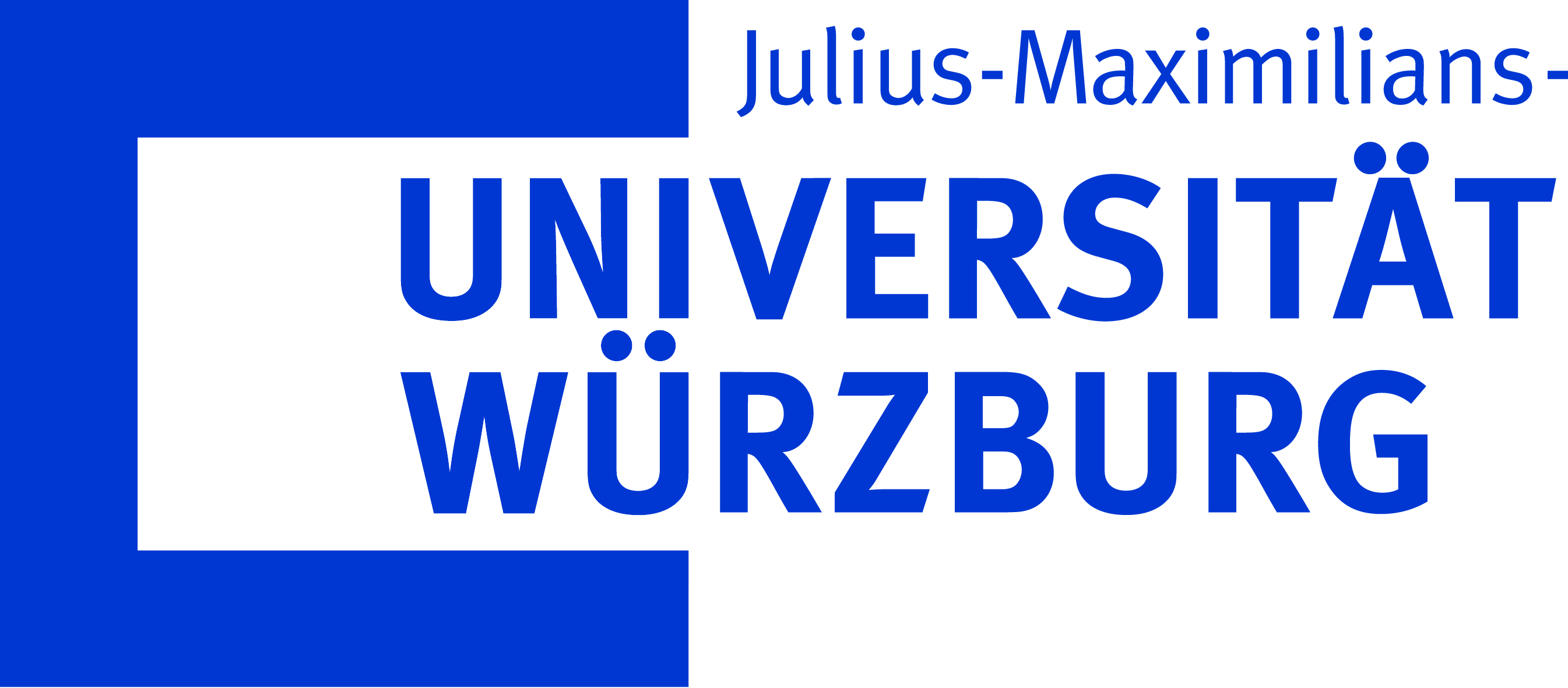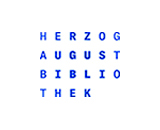Calender
Event Information:
-
Tue27Aug2024Wed28Aug2024Frankfurt a.M.
WS: Translation and Jewish-Christian Relations
SPP 2130 Mercator Fellow Iris Idelson-Shein is offering a two-day workshop (with arrival and get-together on the evening of 26 August).
How can minority cultures interact with their surrounding environments, while at the same time resisting the pressures for cultural conformity? This was one of the major dilemmas facing the Jewish minority of early modern Europe. These Jews faced immense pressures to convert and assimilate into Christian Europe. Their response was not to resist the temptation of non-Jewish culture, but to translate it, and to meet it on their own terms.
The early modern period saw the development of a rich, multifaceted corpus of translations of non-Jewish works into Jewish languages, primarily Hebrew and Yiddish. This translational activity took place on all levels of Jewish society. Translation was where East European rabbis met thinkers of the European Enlightenment, where the authors of Old Yiddish works met learned physicians, where Jewish preachers met Italian humanists, and the authors of Yiddish musar books conversed with Pietist missionaries. Viewed through the prism of translation, this workshop offers an understanding of early modern Jewish culture as inherently dialogic, and of the so-called Jewish book as a deeply collaborative project, a site of intense negotiation between different cultures, communities, religions, readers, genres, and languages.




